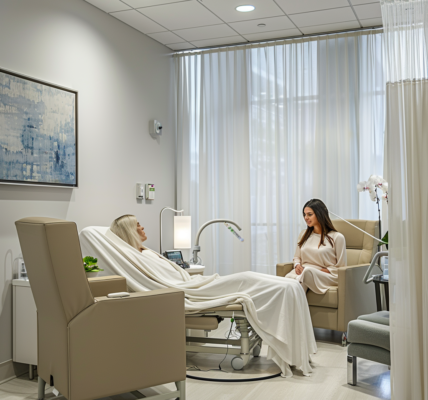Living with endometriosis can be a challenging and often misunderstood experience for many women. Mik Zazon, a 28-year-old woman, recently shared her decade-long journey of excruciating symptoms that doctors dismissed for years before she was finally diagnosed with endometriosis.
It all started in her adolescence when Mik began experiencing heavy periods, abdominal pain, bowel issues, and bladder discomfort. Despite these alarming symptoms, it took over a decade for her to receive a proper diagnosis. Mik’s struggles were not only physical but also emotional as she grappled with the pain and discomfort that accompanied her daily life.
Initially, Mik attributed her prolonged and intense periods to what she believed was a normal variation. It wasn’t until she sought medical advice and shared her experiences on social media platforms like TikTok and Instagram that she was alerted to the possibility of endometriosis. Following an exploratory surgery, Mik was diagnosed with this chronic condition that affects the reproductive system.
Throughout the years, Mik faced a myriad of symptoms that significantly impacted her quality of life. From excruciating cramps to bladder issues and painful intercourse, she endured a range of challenges that often went unacknowledged by healthcare professionals. Mik’s journey sheds light on the importance of advocating for oneself and seeking answers when faced with persistent health issues.
Moreover, Mik’s story underscores the need for increased awareness and understanding of endometriosis, a condition that affects an estimated 1 in 10 women of reproductive age. By sharing her experiences openly, Mik hopes to empower other individuals who may be struggling with similar symptoms to seek proper medical attention and support.
Endometriosis is a complex and often misdiagnosed condition that requires a multidisciplinary approach to management. Through stories like Mik’s, we are reminded of the importance of listening to our bodies, advocating for our health, and challenging the stigma surrounding women’s reproductive health issues.





